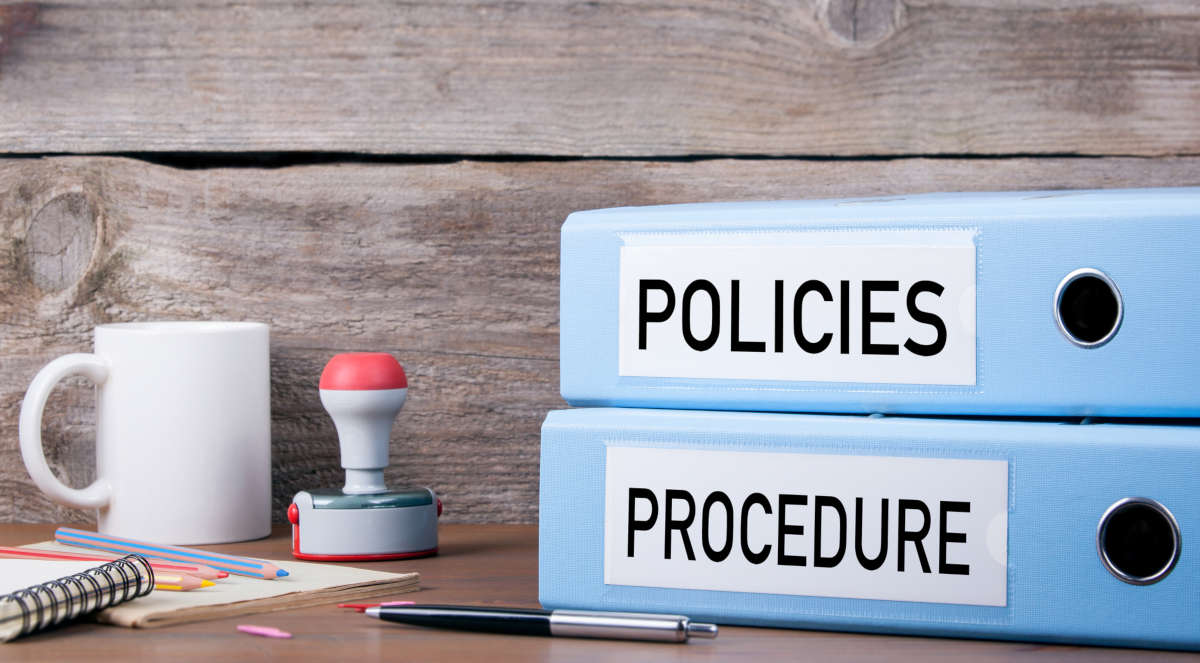
EAL Business Writing
It’s one thing to have a good idea. It’s another to explain it clearly in writing. Writing documents at work can feel stressful for professionals who speak English as an additional language (EAL). Even when you know what you want to say, you may worry about grammar, word choice, or whether your message will sound professional.
Clear writing is essential in every workplace. It helps teams share ideas, avoid mistakes, and build trust with clients and coworkers. But when grammar, structure, or tone are unclear, people may misunderstand the message or miss important information. This slows down work and creates confusion for the writer and the reader.
This workshop will help you write with more confidence and clarity. You’ll practise using real examples and get support as you improve grammar, structure, and tone. You’ll learn how to write clearly, choose the right words, and organize your ideas in a way that is easy to follow. You’ll also learn how to fix common writing challenges that multilingual professionals often face.
By the end of this session, you'll have practical tools and strategies to help you write more clearly and professionally. You'll feel more confident and better equipped to express your ideas in any workplace document.
The course is designed to have weekly three-hour sessions over a four-week period for a total of 12 hours of instructional time. Participants will also be given activities (readings, practice exercises, challenges) to complete throughout the week outside of class time.

- Recognize the differences between formal and informal tones in workplace writing.
- Build clearer sentences and paragraphs using correct word order and structure.
- Use standard grammar tools such as verb tenses, articles, prepositions, conjunctions, and transition words.
- Improve accuracy with adjectives, adverbs, pronouns, and subject-verb agreement.
- Apply rules for plurals, possessives, capitalization, and punctuation.
- Avoid common mistakes with spelling styles, numbers, dates, and “false friends” (words that look similar but have different meanings).
- Recognize and use common word pairings that make writing sound more natural.
- Edit and check your writing for clarity, correctness, and tone.

This workshop is designed for professionals who speak English as an additional language and want to build confidence in their workplace writing. Whether you write emails, reports, or other business documents, this session offers practical tools to express your ideas clearly and professionally.
You should attend if you
- Feel unsure about grammar, tone, or sentence structure when writing in English
- Want to organize your ideas more clearly and express them in a professional way
- Find writing tasks stressful or slow, even when you know what you want to say
- Are looking for feedback and support to improve your writing at work
- Use English regularly on the job and want to communicate more confidently with coworkers, clients, or partners
By attending this workshop, you’ll gain techniques to write with greater ease, clarity, and impact, helping your ideas come through the way you intended.

This workshop provides a supportive environment where you can build confidence and clarity in business writing. You’ll work with everyday examples, practice useful sentence patterns, and strengthen your vocabulary through repetition and feedback. You’ll improve your writing by revising short business messages and emails, exploring grammar patterns, and discussing tone and formality in different workplace settings. The sessions are interactive and paced to allow time for questions and personal reflection.
You’ll also take away a practical workbook with tools, examples, and checklists to use back on the job.
Workshop activities include
- Revising sample messages for tone, clarity, and structure
- Practising common business phrases and sentence structures
- Exploring grammar patterns that affect clarity
- Identifying and correcting common writing errors
- Working with a partner to review and improve short messages
- Creating a personal word bank and writing checklist for daily use




